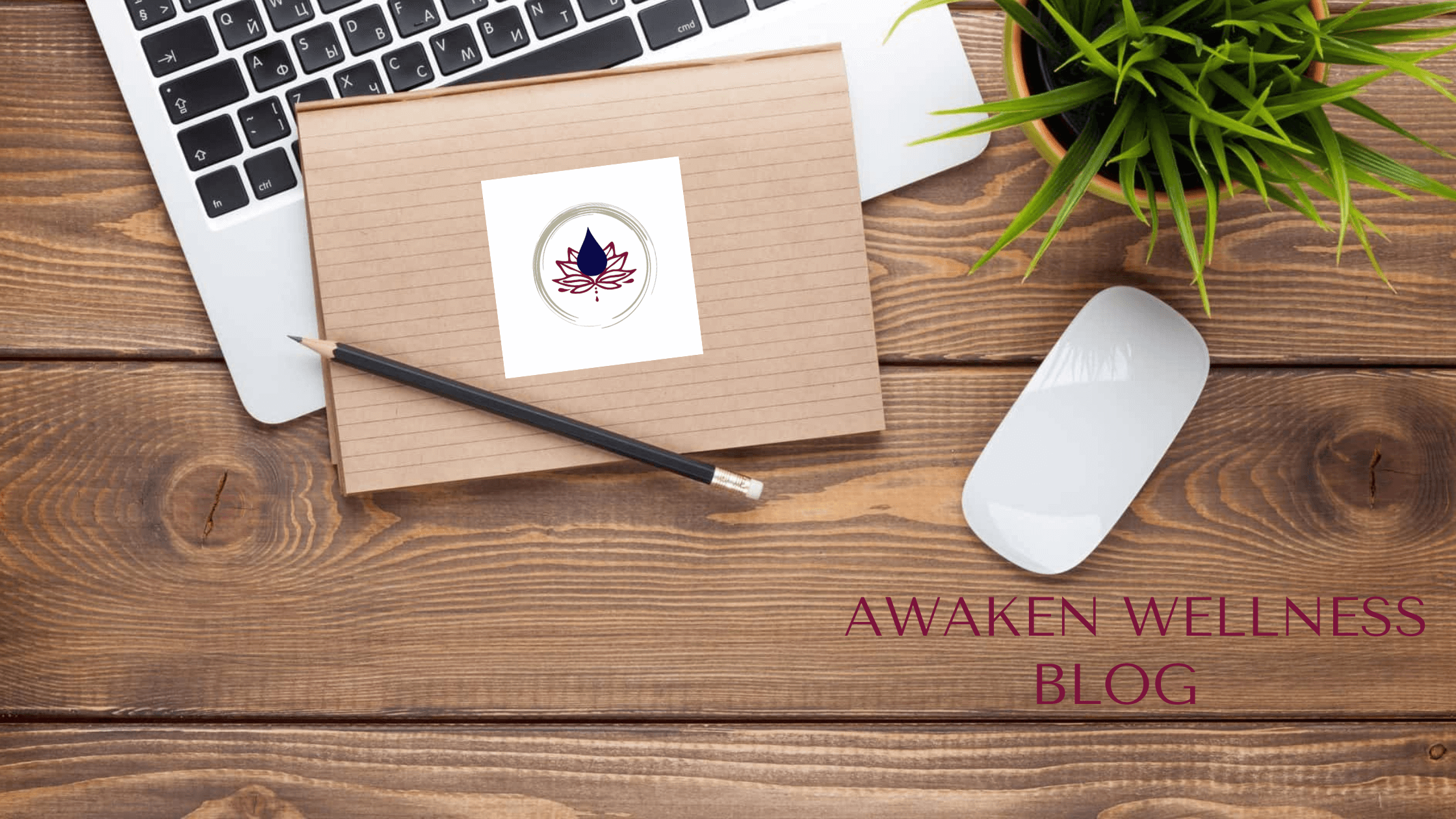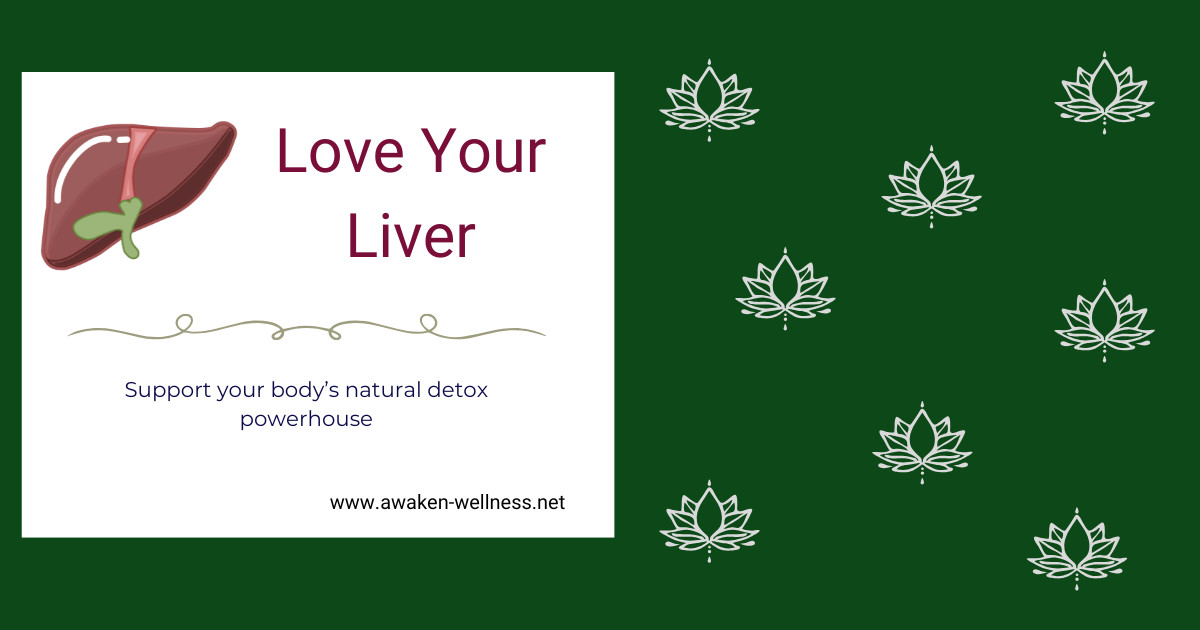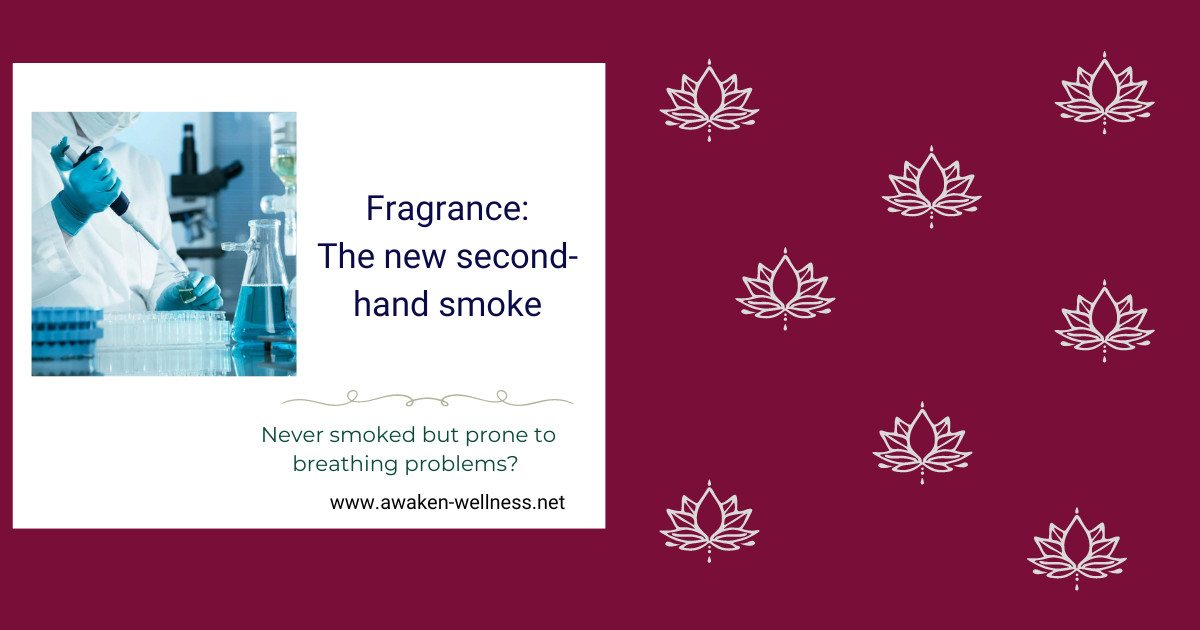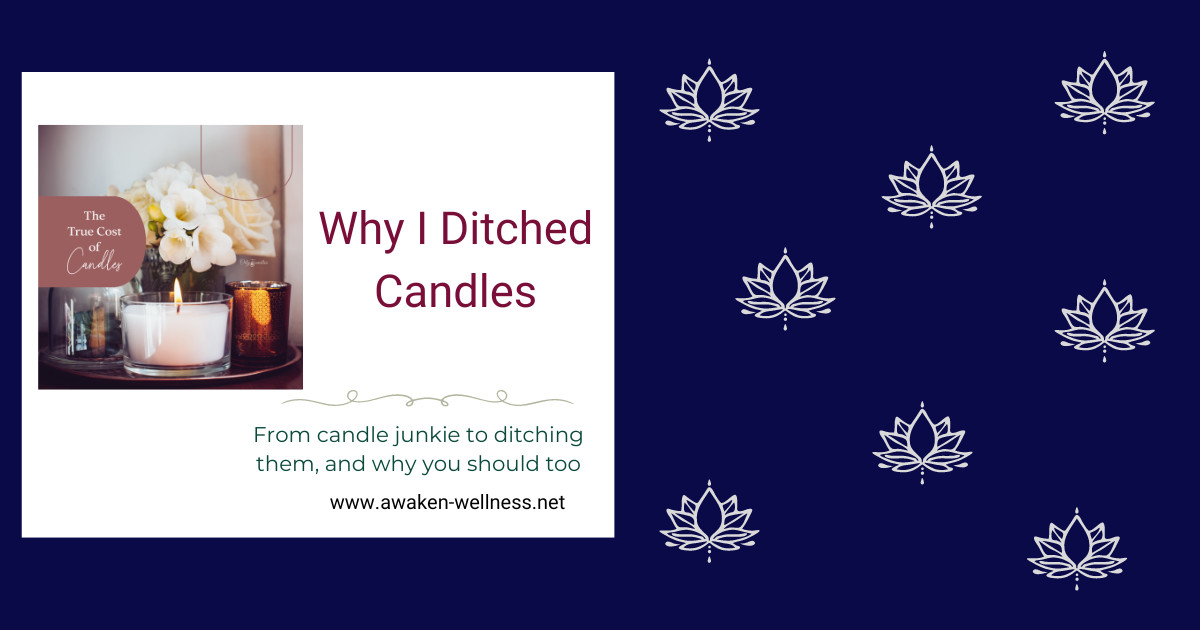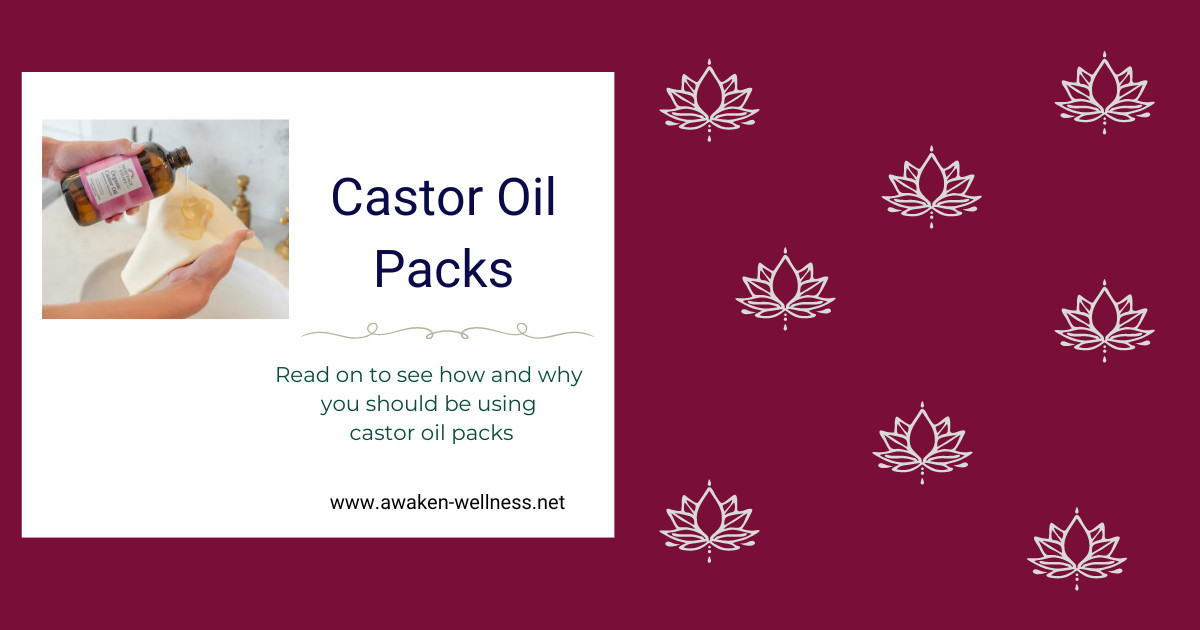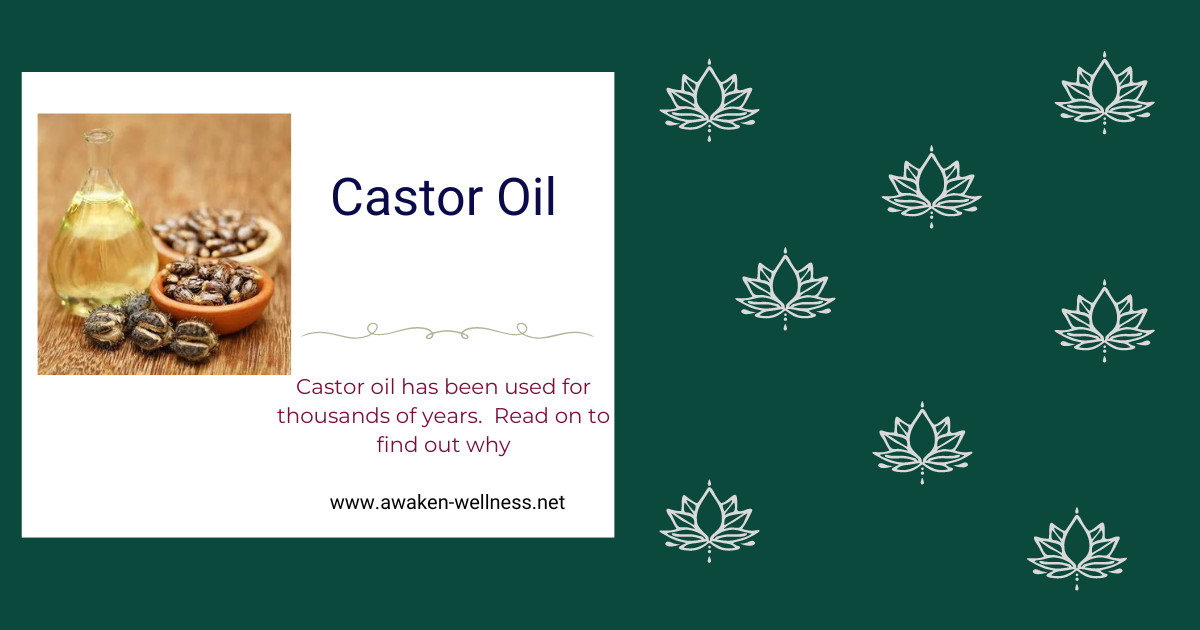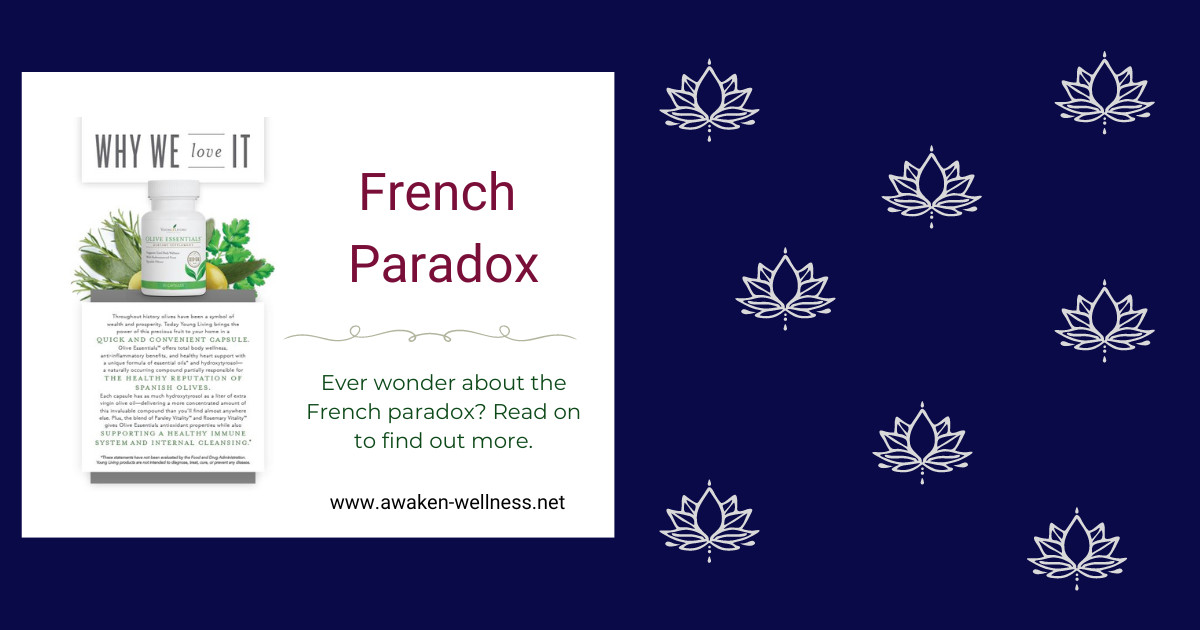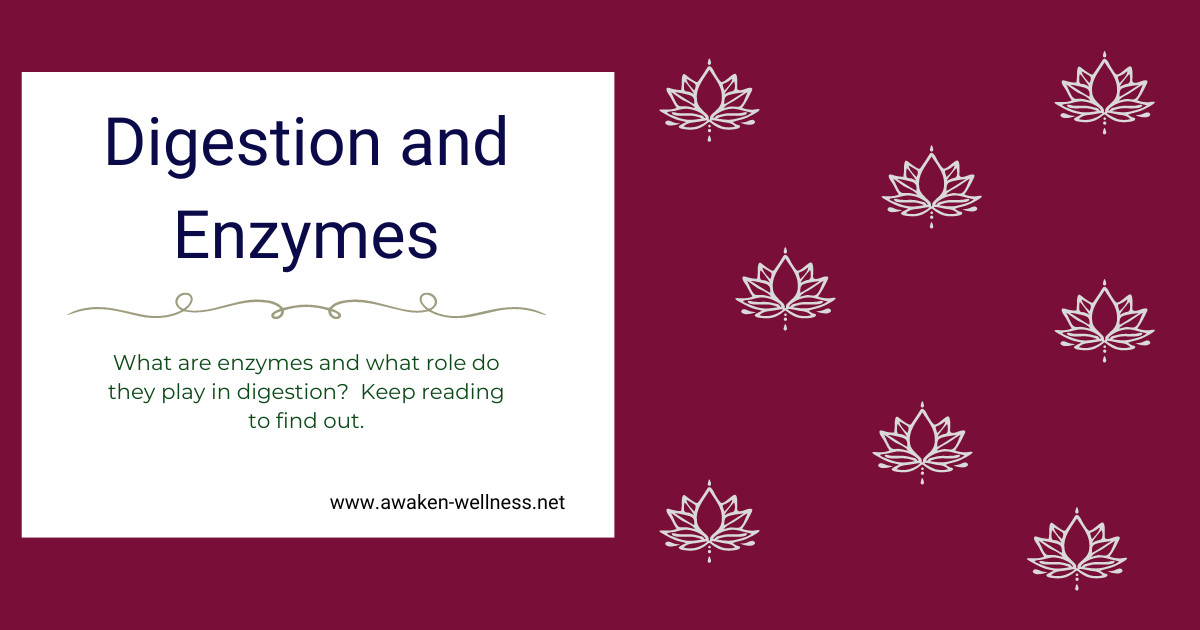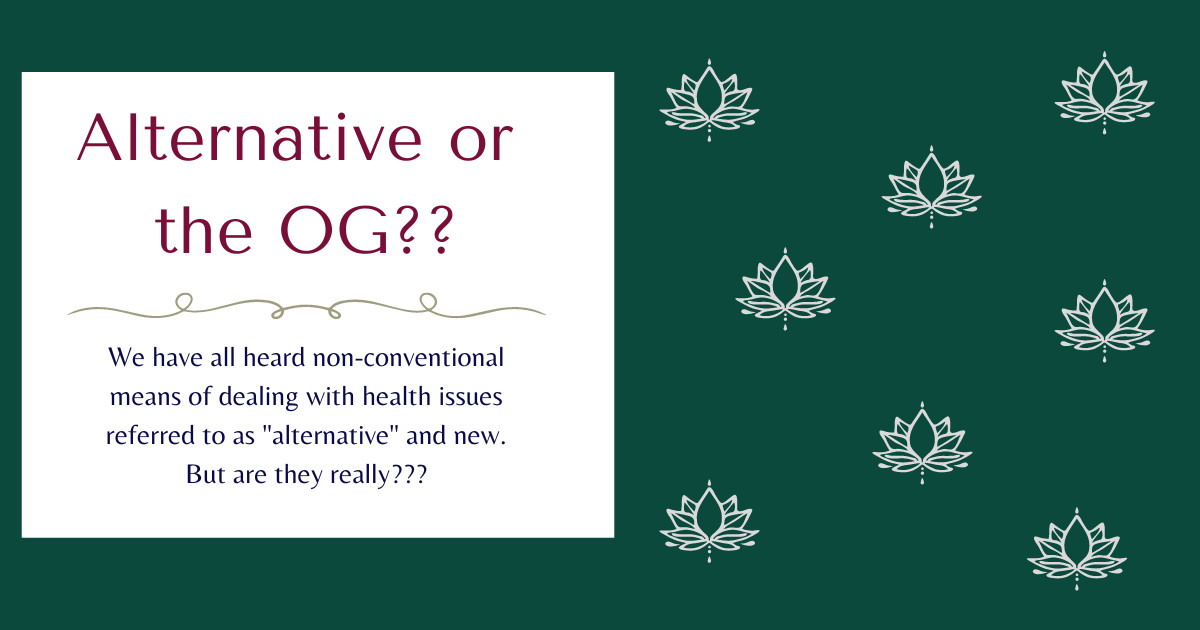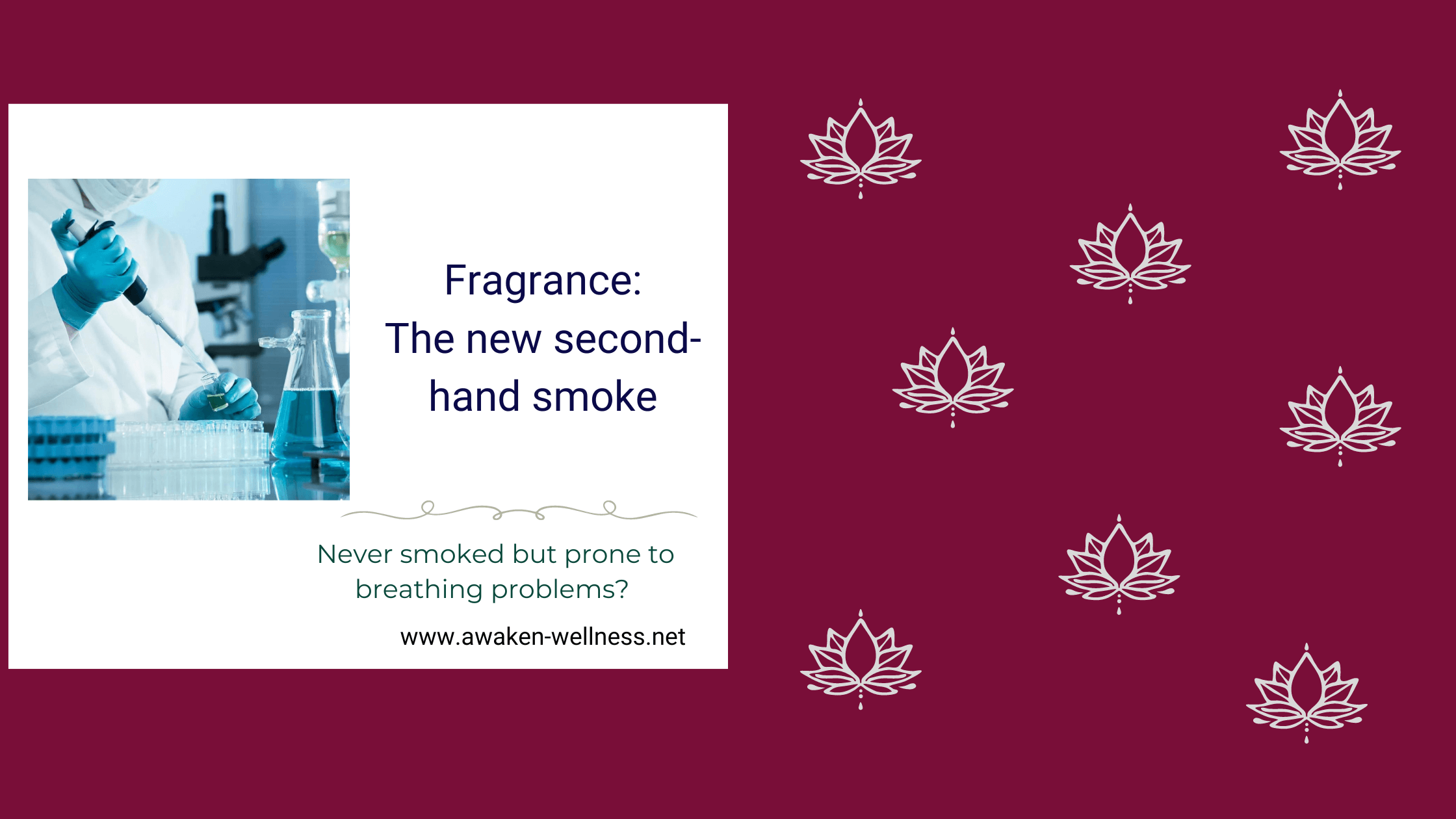
Fragrance: The New Secondhand Smoke
In recent years, awareness about the dangers of secondhand smoke has led to significant public health improvements. But now, a new and pervasive threat to our health is emerging—artificial fragrances. Much like secondhand smoke, these synthetic scents are everywhere and pose serious risks to our respiratory health. Let’s explore how artificial fragrances are becoming the new secondhand smoke and what you can do to protect yourself and your loved ones.
Understanding the Pervasiveness of Artificial Fragrances
Artificial fragrances are added to a vast array of products we use every day. Their ubiquity means we are constantly exposed to a cocktail of chemicals that can have detrimental effects on our health. Here are some of the most common sources:
- **Air Fresheners and Scented Candles**: These products release a continuous stream of chemicals into the air, which can linger for hours.
- **Personal Care Products**: Perfumes, deodorants, shampoos, and lotions often contain synthetic fragrances that stay on your skin and hair, affecting not just you but those around you.
- **Cleaning Products**: Many household cleaners are fragranced to mask the smell of other chemicals, contributing to indoor air pollution.
- **Laundry Products**: Scented detergents and fabric softeners leave residues on clothing that release chemicals into the air with every wear.
The Health Risks: Why Fragrance Is the New Secondhand Smoke
Like secondhand smoke, artificial fragrances can cause a range of health issues, especially for those with existing respiratory conditions. Here’s why they’re a growing concern:
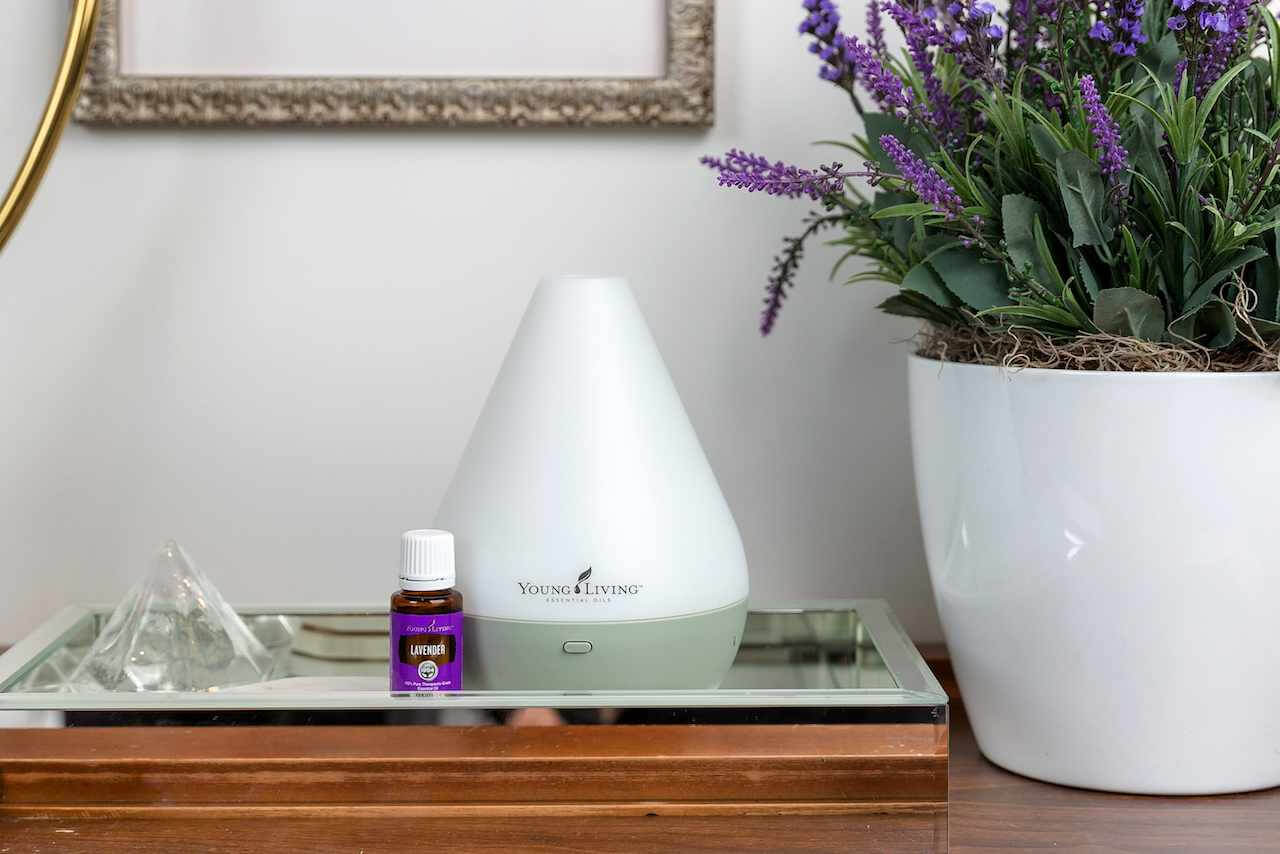 1. **Chemical Composition**
1. **Chemical Composition**Artificial fragrances are composed of numerous chemicals, many of which are volatile organic compounds (VOCs). These VOCs can cause short-term symptoms like headaches, dizziness, and respiratory irritation. Long-term exposure has been linked to more serious conditions, including:
- **Asthma and Allergies**: Synthetic fragrances can trigger asthma attacks and exacerbate allergy symptoms.
- **Respiratory Infections**: Constant exposure can weaken the respiratory system, making it more susceptible to infections.
- **Hormone Disruption**: Some fragrance chemicals are endocrine disruptors, which can interfere with hormonal balance and potentially lead to chronic health issues.
2. **Indoor Air Quality**
Just like secondhand smoke, artificial fragrances contribute to indoor air pollution. Since we spend a significant amount of time indoors, the air quality in our homes, workplaces, and public spaces is crucial. Poor indoor air quality can lead to chronic respiratory issues and reduce overall well-being.
3. **Widespread Exposure**
Secondhand smoke is often confined to areas where smoking is allowed, but artificial fragrances are much harder to avoid. They are present in public restrooms, offices, schools, and even hospitals. This widespread exposure makes it nearly impossible to escape their effects, similar to how it was difficult to avoid secondhand smoke before smoking bans were implemented.
Taking Action: How to Protect Yourself
The good news is that, just as society has made strides in reducing secondhand smoke exposure, we can also take steps to minimize our exposure to artificial fragrances. Here’s how:
1. **Choose Fragrance-Free or Naturally Scented Products**

Opt for products labeled as fragrance-free or those that use natural essential oils. The Thieves line, for example, offers a variety of household and personal care products made with natural ingredients and essential oils, free from harmful synthetic fragrances.
2. **Improve Indoor Air Quality**
- **Ventilation**: Ensure your living spaces are well-ventilated. Open windows regularly to allow fresh air in and reduce the concentration of indoor pollutants.
- **Air Purifiers**: Consider using air purifiers with HEPA filters to remove VOCs and other pollutants from the air.
- **Houseplants**: Some houseplants can help purify the air by absorbing toxins and releasing oxygen.
-**Diffusers**: There are many essential oils with air purifying properties like Purification, Lemongrass and Citronella.
3. **Be Mindful of Public Spaces**
While you may have control over the products in your home, public spaces are more challenging. Be aware of the fragrance policies in places you frequent, and advocate for fragrance-free environments in your community and workplace.
Conclusion: Breathing Easier in a Fragrance-Free Future
Artificial fragrances are quickly becoming the new secondhand smoke, with widespread exposure and significant health risks. By making informed choices and advocating for fragrance-free environments, we can protect our respiratory health and create a safer, cleaner world for everyone. Let’s take a deep breath and embrace the fresh, natural scents that truly enhance our well-being.
Click here to grab the Thieves bundle, diffuser, and oils mentioned above.
.
Until next time,
Rochelle


